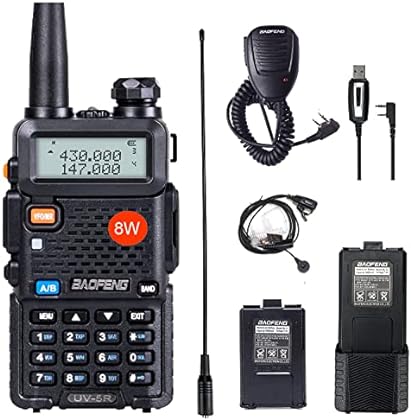Navigating the Pros and Cons of Radio Navigation
Radio navigation, a technology that has revolutionized the way we navigate and explore the world, offers numerous advantages and disadvantages. In this blog post, we will delve into the intricacies of radio navigation, exploring its benefits and drawbacks. From its accuracy and reliability to its limitations and potential risks, we will provide you with a comprehensive understanding of this widely used navigation system.
Advantages of Radio Navigation:
- Accuracy and Precision:
Radio navigation systems, such as GPS (Global Positioning System), provide highly accurate and precise location information. By utilizing a network of satellites, these systems can determine your position with remarkable accuracy, enabling you to navigate with confidence. - Global Coverage:
One of the greatest advantages of radio navigation is its global coverage. Regardless of your location, radio signals can be received from satellites orbiting the Earth, ensuring that you can navigate effectively in any part of the world. This global reach makes radio navigation an indispensable tool for travelers, pilots, and sailors. - Real-Time Updates:
Radio navigation systems constantly receive signals from satellites, allowing for real-time updates on your position and route. This feature is particularly useful for dynamic situations, such as driving in traffic or navigating through changing weather conditions. Real-time updates ensure that you stay on track and can make informed decisions while on the move. - Versatility:
Radio navigation systems offer versatility in terms of the modes of transportation they can be used with. Whether you are driving a car, flying an aircraft, or sailing a ship, radio navigation can provide accurate positioning and navigation information tailored to your specific mode of transport.
Disadvantages of Radio Navigation:
- Signal Interference:
Radio navigation systems heavily rely on radio signals, which can be susceptible to interference. Tall buildings, dense forests, and even adverse weather conditions can obstruct or weaken the radio signals, leading to reduced accuracy or temporary loss of signal. It is important to be aware of these limitations and have alternative navigation methods available when needed. - Dependency on External Factors:
Radio navigation systems require a clear line of sight to satellites in order to function optimally. In environments with limited visibility, such as tunnels, canyons, or dense urban areas, the accuracy and reliability of radio navigation can be compromised. It is crucial to consider these limitations and have backup navigation systems or maps available in such situations. - Vulnerability to Cyber Attacks:
As radio navigation systems rely on satellite signals, they are vulnerable to potential cyber attacks. Hackers could potentially manipulate or spoof the signals, leading to incorrect positioning information. While measures are in place to mitigate such risks, it is important to be aware of the potential vulnerabilities and take necessary precautions to ensure the integrity of the navigation system. - Power Dependency:
Radio navigation systems require a power source, whether it be batteries or a continuous power supply. In situations where power is limited or unavailable, such as during natural disasters or in remote areas, the functionality of radio navigation systems may be compromised. It is essential to have backup power sources or alternative navigation methods in such scenarios.
Conclusion:
Radio navigation offers numerous advantages, including accuracy, global coverage, real-time updates, and versatility. However, it is not without its limitations and potential risks, such as signal interference, dependency on external factors, vulnerability to cyber attacks, and power dependency. By understanding these advantages and disadvantages, users can make informed decisions and utilize radio navigation effectively while being aware of its limitations.

Post Comment